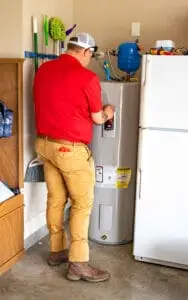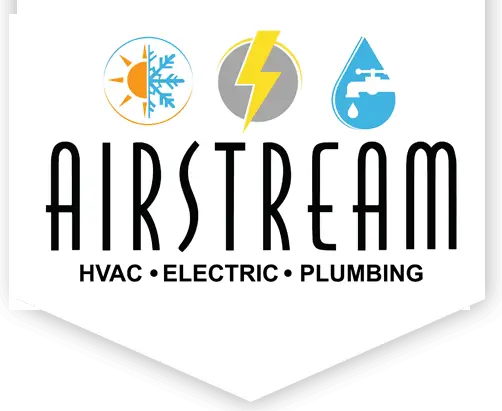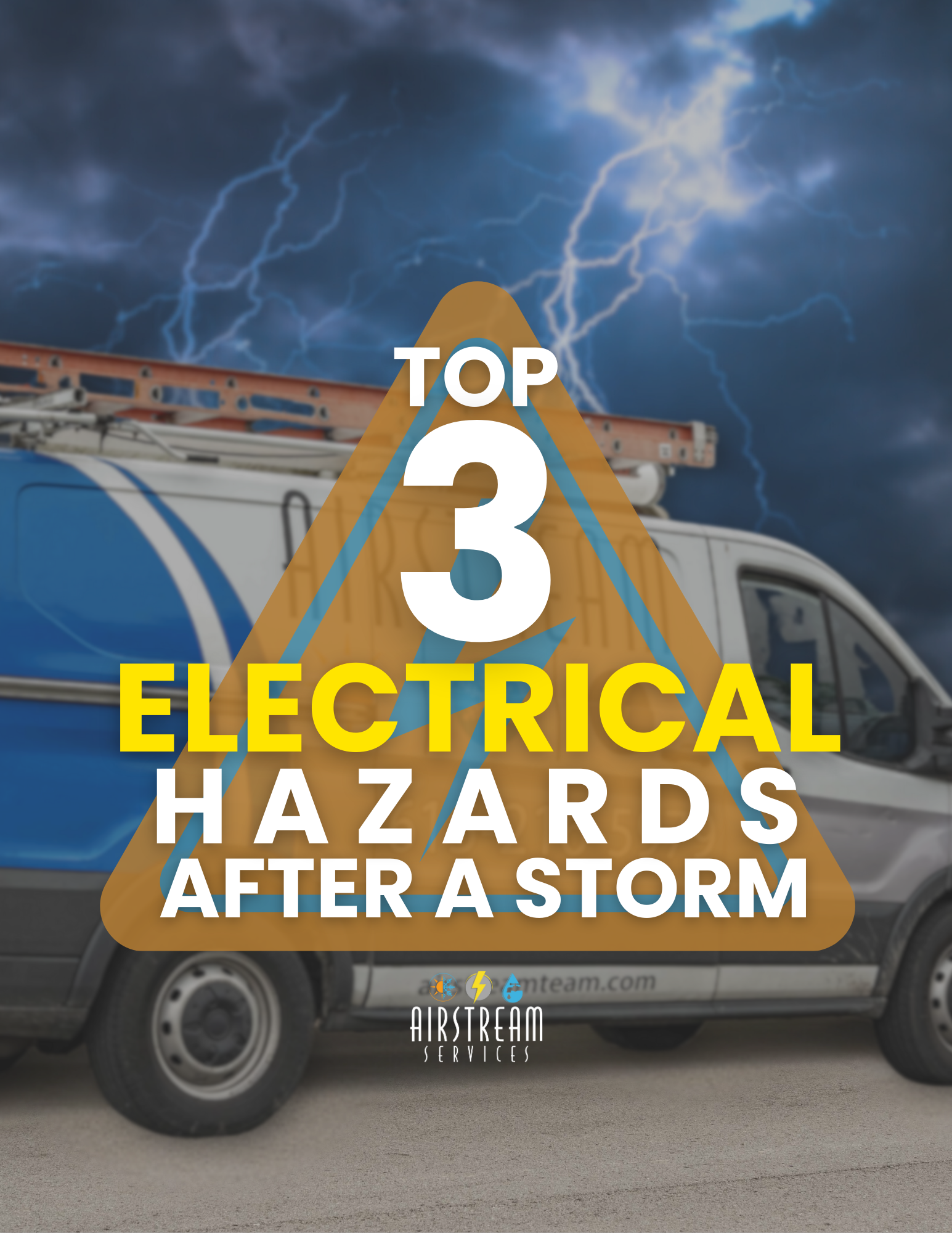
Which Water Heater Is Right for Your Home: Tankless or Traditional?
When it comes to choosing the perfect water heater for your home, I always weigh a few key factors, from usage habits to energy efficiency. As a contractor with years of experience in HVAC, plumbing, and electrical work, I’ve seen firsthand how a well-chosen system can save homeowners money while delivering reliable performance. In this article, I’ll walk you through the important considerations—from hot water needs and installation requirements to maintenance and costs—so you can confidently decide whether a tankless or traditional water heater best meets your lifestyle.
Evaluate Your Hot Water Needs to Choose Between Tankless and Traditional
Understanding your home’s hot water needs is the first step. I begin by calculating how much hot water your household consumes daily. If you have a larger family or frequently use hot water for multiple tasks, you’ll need a system that can handle high demand without compromising temperature consistency.
Identify Your Household Size to Determine Water Demand
The number of people in your home directly impacts the volume of hot water required. For example, a family of four will generally need more hot water than a single-person household. By knowing your household size, you can narrow down a heater that consistently meets demand.
Compare the Energy Efficiency of Tankless and Traditional Models
Energy efficiency is a major factor in my recommendations. Tankless heaters are celebrated for their energy conservation since they heat water only when needed, while traditional models may use more energy due to continuous heating of stored water.
Explore the Impact of Heater Size on Energy Use
The size of your heater also plays a role. Larger traditional units generally consume more energy to maintain the warmth of a larger water store, whereas smaller tankless models only ramp up when the tap is turned on, reducing waste.
Discover Energy Ratings and Certifications to Consider
Always look for Energy Star ratings or similar certifications. These labels indicate a model’s efficiency and are a solid guide when comparing brands and systems. Certifications provide an extra layer of quality assurance.
Evaluate the Long-Term Savings of Tankless Heaters
While tankless water heaters may have a higher upfront cost, many homeowners notice significant long-term savings on utility bills, making them an attractive option in my professional opinion.
Assess Installation Requirements for Tankless vs. Traditional Heaters
Installation requirements can also sway your decision. Tankless water heaters generally require a dedicated vent and sometimes additional modifications to your existing plumbing. Meanwhile, traditional heaters are more straightforward replacements.
Estimate Labor and Material Costs for Installation
Labor costs can vary significantly. Traditional water heaters often have lower installation costs compared to the potentially more complex setup of a tankless system. Evaluating these costs upfront can prevent budget surprises.
Determine if Modifications to Existing Plumbing Are Required
Sometimes, installing a tankless system may necessitate upgrades to your plumbing or gas lines. It’s essential to assess whether your current setup can support a tankless model without extensive modifications.
Examine Maintenance Needs for Tankless and Traditional Water Heaters
Maintenance is another key consideration. Regular upkeep ensures longevity and performance for your water heater, regardless of the type you choose.
Learn About Routine Maintenance Tasks for Each Type
Traditional water heaters often require periodic checks to ensure the tank isn’t corroding, while tankless models need descaling to prevent mineral build-up. Both require routine preventive maintenance.
Review the Initial Costs of Tankless and Traditional Water Heaters
Initial costs are an important part of the decision-making process. The purchase price and installation costs vary between tankless and traditional models.
Break Down Average Purchase Prices for Both Options
Traditional water heaters tend to have a lower upfront cost, whereas tankless systems are generally more expensive initially. However, tankless models often lead to lower operational costs over time.
Determine the Best Fit for Your Home’s Plumbing System
Finally, matching your new water heater with your home’s existing plumbing system is essential. Compatibility and system efficiency are key to ensuring optimal performance.
Inspect Existing Plumbing and Electrical Configurations
Before installation, inspect your current plumbing and electrical setups. Older systems might require upgrades or adjustments to safely integrate a new water heater, a factor I always check during my initial home assessments.
Final Thoughts
In summary, selecting between a tankless and traditional water heater involves evaluating your household’s needs, understanding energy efficiency differences, and considering installation and maintenance requirements. By assessing these factors, you can determine which system aligns with your usage patterns and long-term cost structure. Ultimately, the right choice hinges on your specific circumstances and home setup. I encourage homeowners to consult with professional service providers like Airstream Services for personalized advice and reliable installation.



